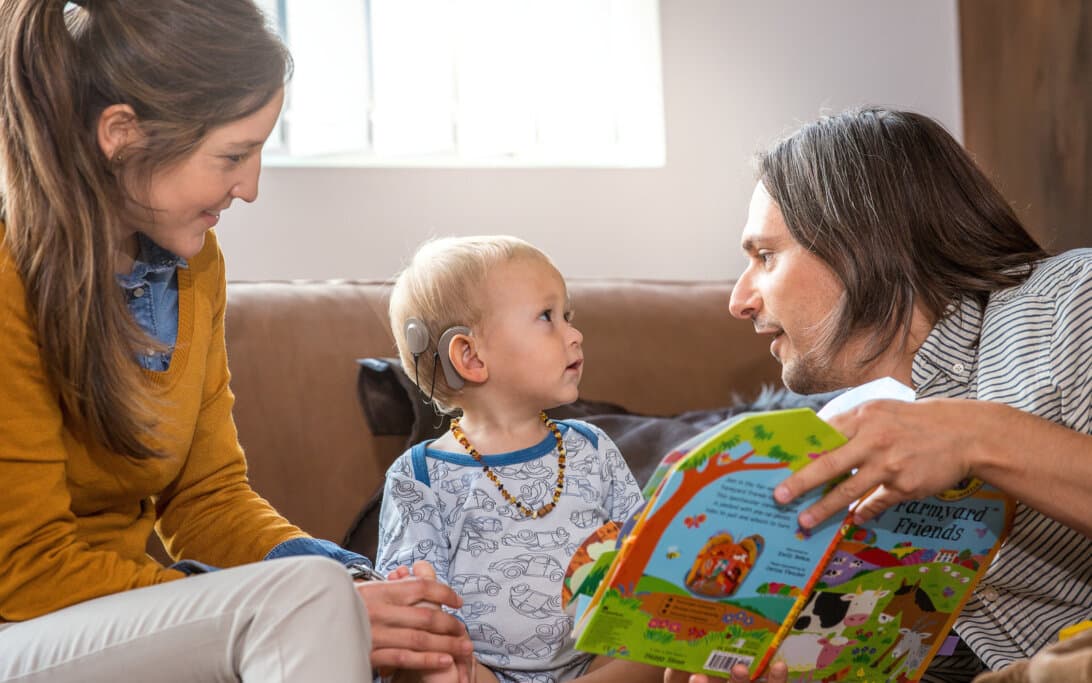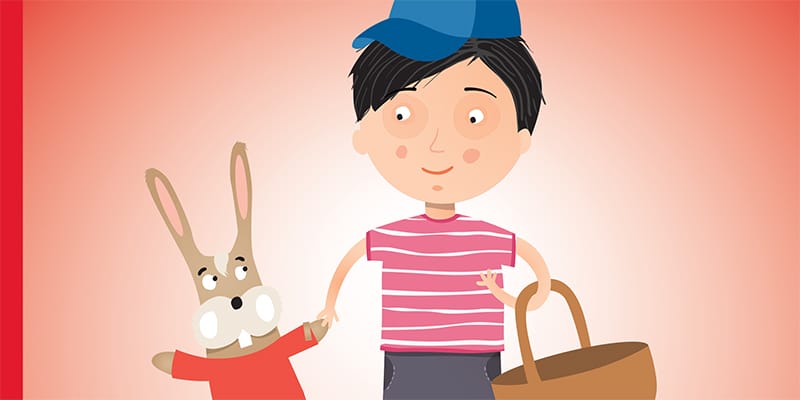
Any child—even one who has a cochlear implant—can learn multiple languages. Here are a few things you can do to help your child with a cochlear implant develop strong language skills in multiple languages.

Any child—even one who has a cochlear implant—can learn multiple languages. Here are a few things you can do to help your child with a cochlear implant develop strong language skills in multiple languages.

Following a diagnosis of hearing loss in a child, it is common for families to seek information and advice about how to communicate with their child and support their child’s development. Although some families that choose a cochlear implant for their child may have to wait a while before implantation, their child’s development doesn’t have to wait.

Being socially engaged and making friends in childhood is important for psychological well-being and is positively associated with academic success. Parents of children with hearing implants can support development of their child’s social skills by creating opportunities to build relationships with peers and by practicing these skills in structured situations. Here are some tips to develop your child’s social skills and help them make friends.

This summer-themed activity to do with your child at home—or at the beach—can help them develop their listening and speaking skills during the summer holidays.


Cochlear implants have come a long way since they were introduced in the 1970s. Some of the most notable advancements of the last few years have had to do with how the audio processor, well, processes sound: technologies like Wind Noise Reduction, for example. That wording sounds great, doesn’t it? “Noise Reduction.” But what is the noise, and how does it reduce it?